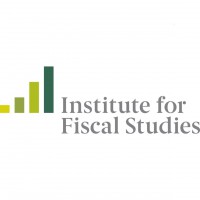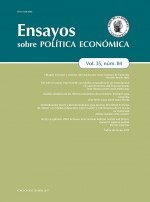Interaction of Government Tiers and Central Banks in a Federation: An Empirical Test

Fiscal rules are necessary to protect monetary policy from the consequences of unsustainable or active fiscal policy for inflation. Monetary unions, such as the Economic and Monetary Union (EMU), require even stronger fiscal rules to avoid free riding by regional fiscal authorities on the common monetary policy. By contrast, in a fiscal federation, the federal government internalises the effect of active regional policies on the overall price level. Federal fiscal policy contributes to price stability either by enforcing fiscal rules or by adjusting its own stance. Following Canzoneri, Cumby and Diba (2001), we test whether federal and regional governments in Germany behave in an active or passive way. We find evidence of a spillover effect of unsustainable policies on other regions. The German federal government offsets the effect on the price level by running passive policies. The Bundesbank's prime objective of price stability is therefore endorsed by fiscal policy. The results have implications for the regulation of fiscal policies in the EMU.




